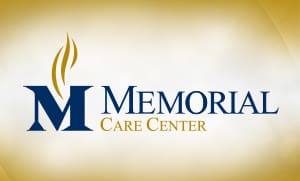Going Home

When Can You Go Home?
Your doctor will send you home after you meet all of the conditions showing that you will be safe and comfortable, including:
- Tolerating the recommended diet
- Passing gas or moving bowels
- Pain control with pain pills
- No signs of an active infection
When You Are Discharged
- Ask the doctor any questions you may have about your recovery.
- Your Care Management Team will confirm any arrangements for home health or other services after discharge.
- Your nurse will attempt to make a follow-up appointment with your surgeon.
- Your nurse will go over your written discharge instructions.
- Your Healing Partner should be present to review the instructions with you and the nurse.
- You should have comfortable clothing for your trip home.
- You will likely have prescriptions that will need to be filled at your pharmacy
Your recovery will continue at home; you will need to do these things at home.
- Eat healthy foods – You will probably feel better if you have several small meals instead of 3 big meals.
- Take your pain medicine as prescribed.
- Spend most of your day out of bed, either walking or in a chair.
- Keep using your incentive spirometer and doing your deep breathing exercises.
- Remember that hand washing is still important while you are recovering at home.
- Do not start smoking again.
- Keep your incision clean and dry.
- Your doctor will want to see you after surgery – make that appointment and keep it.
- Your surgeon may send you home on blood thinning medication.
Call Your Doctor If…
- You have increasing abdominal pain or bloating.
- A fever more than 101 degrees.
- Chest pain
- Shortness of breath
- Nausea or vomiting lasting longer than 4 hours
- Diarrhea lasting longer than 2+ hours
- Shaking or chills
- Increasing redness around the incision
- Excessive bleeding
- Foul smell/drainage


